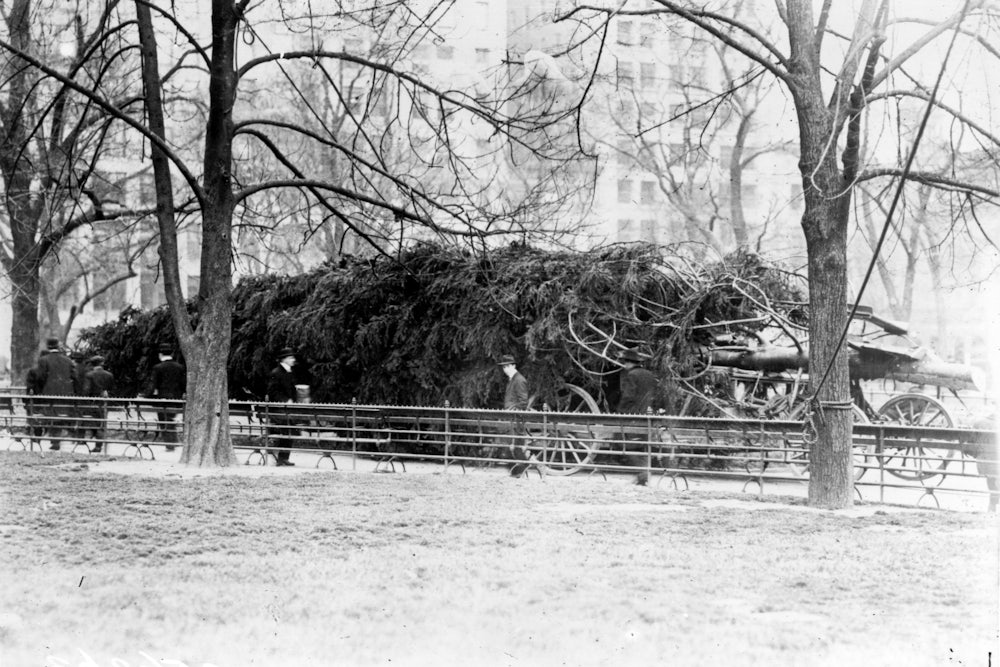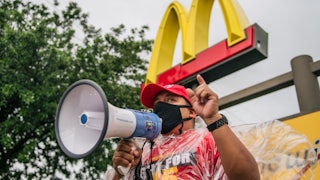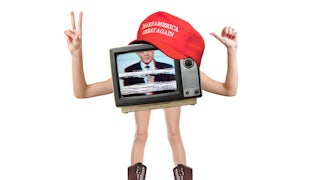Last evening I happened by accident upon a strange coming together of the ends of New York. Seated on couches and chairs in the spacious unpretentious drawing-room were unemployed men, recruited from the bread line and the lodging-houses. These unemployed—there were some thirty of them—were the guests of men and women prominent in the city government and in social reform. They had been called in to give their advice to experts, to explain how relief work should be organized, to discuss the infinitely complex problem of unemployment. It seems absurd and sentimental, does it not? And yet it was evident that the expert learned much from these harassed men, who knew how unemployment hurts, and I took pride in city officials willing to study in such a book.
As I listened to these unemployed, as I these famished wanderers tell of the horrors of their life, of trudging night after through cold empty streets of sleeping amid vermin on foul lodging-house floors or on chairs the stench of low saloons, of deprivation, of degradation, of despair, I felt infinitely abased. I looked about me at the well-clad solicitous men and women who had come to meet them, and on their faces read the same shame that I found in my own heart, the same leaden guilt of living in such a world. But for the happy bulwark of circumstance they too might have sunk into the abyss and joined this despised regiment useless because unused. What could the fed say to the unfed? What hope could they extend? What did their slow plans for social regeneration mean to wretches whose life would be crushed out long before such plans could mature?
Only the unemployed were without constraint, for they had the tragic dignity of hopelessness. They stood up boldly, spoke not unwisely, and showed no humility, before men who might have housed and fed them for months without noticing the cost. It struck me suddenly that these unemployed men, being Americans, possessed more self-assurance than Englishmen or Germans in like cases would have possessed. These wanderers, despised even by pickpockets, held the stubborn conviction that after all they were human beings and citizens, equal to the others in all respects except the accident of money.
Of course they were not equal, if that word means anything. They had not the health, the vigor, the firm intellectual grasp. They could not reason a thing out; they were too obsessed by the sordid trifles that had become their life. Some were weak because they had grown up in an evil environment; some, no doubt, were handicapped before birth by a fatal heredity. What does equality mean when men are as unequal as these? What equality could exist between us, who sat apart secure and fed, and these friendless unemployed, soon to be let out again upon the street, soon to be redelivered to the life that skirts the land of beggary and crime.
We tried desperately to be equal; it was the least we could do. Were we not all men and brothers? We used the title “brother” as men do when in the absence of all social bonds they appeal to the last shred, our common humanity. But though our will was excellent, though we were all engaged upon a single problem, it was not possible even for the short space of three hours to keep down the barrier. The two groups instinctively separated. The unemployed were addressed as “you fellows,” “friends,” “boys,” but the title “gentlemen,” which is in vogue in almost every section, was not used. Could it have been used without derision? Is a man a gentleman with whom society deals so ungently? To use that term of equality to one whom you can save from slow starvation or permit to starve, whom you can raise by a nod or condemn to misery is to mock him, as though you offered a flask of perfume to a wretch dying of hunger.
There can be no equality, nor any approach to equality, except among men economically independent and economically comparable. You may talk of equality and fraternity, of equal civil rights, of equal political rights, of the brotherhood of man and all the rest, but unless your man has a secure economic position, a chance to earn his living in dignity and honor, he has no rights whatsoever. Political equality is a farce and a peril unless there is at least some measure of economic equality. What does it avail the poor devil trudging the streets without a chance of bed or breakfast, that he is an equal American citizen with a vote? For what or whom shall he vote? What interest has he in all our fine political schemes in economy and efficiency, in democracy and progress, when he himself after election as before is without a job and hungry? If such a man sell his political influence for whatever he can get, who is there to blame him?
We shall not advance far in working out our American ideals without striking hard at this inequality which has grown with the growth of society and which produces insane fortunes at the top and destitution at the bottom. When we talk of inequality, we mean inequality of possessions, inequality of income, inequality of industrial opportunity. It is not an easy task to eradicate this inequality, nor is it one which can be solved in a year or a decade, for the evil is rooted in complex conditions and in strong human instincts, and some of it is an inevitable result of quite healthy economic processes.
Inequality, even in its worst manifestations, will last long, for the very reason it means political inequality, for the very reason that the man of great fortune is the controller of other men’s lives and other men’s opinions and votes, and that those who have absolutely nothing join with those who have too much. The road to equality is difficult and long. We shall not even approach our goal without a national understanding of this problem, nor without radical economic readjustments, which shall prevent excessive private accumulation at its source, and give to men at the bottom of society the economic as well as educational bases of independence.






